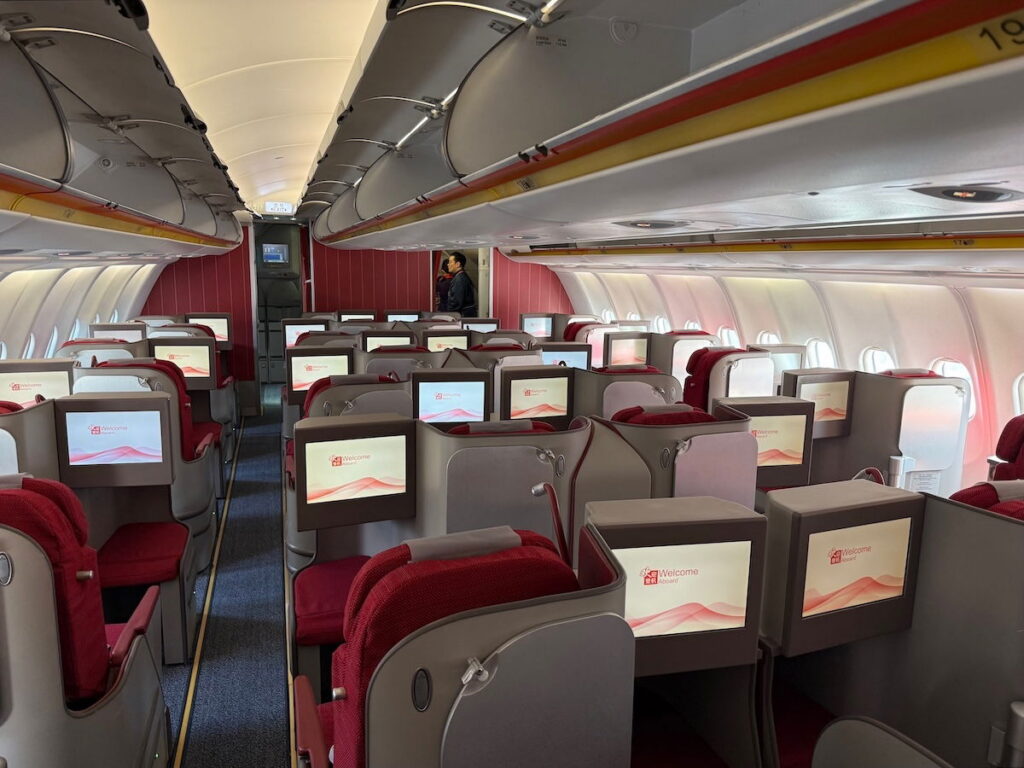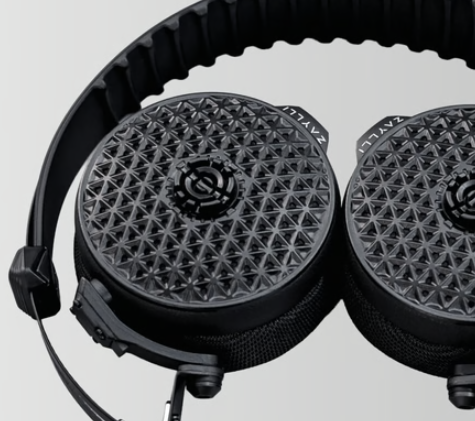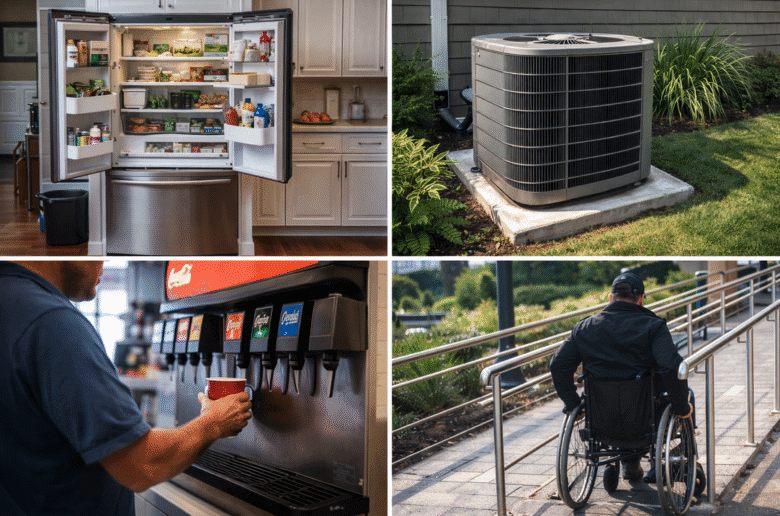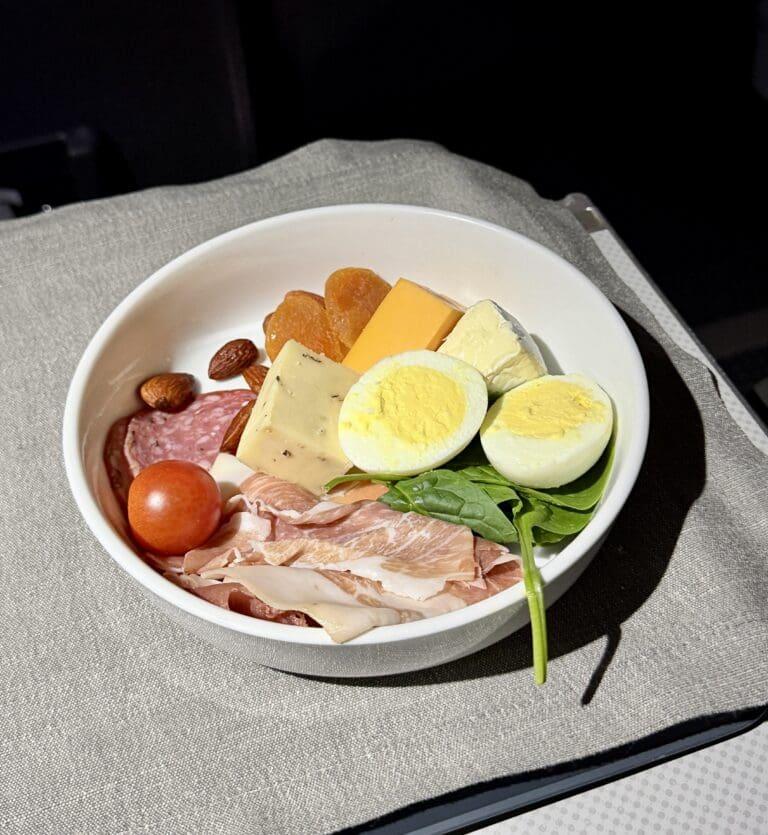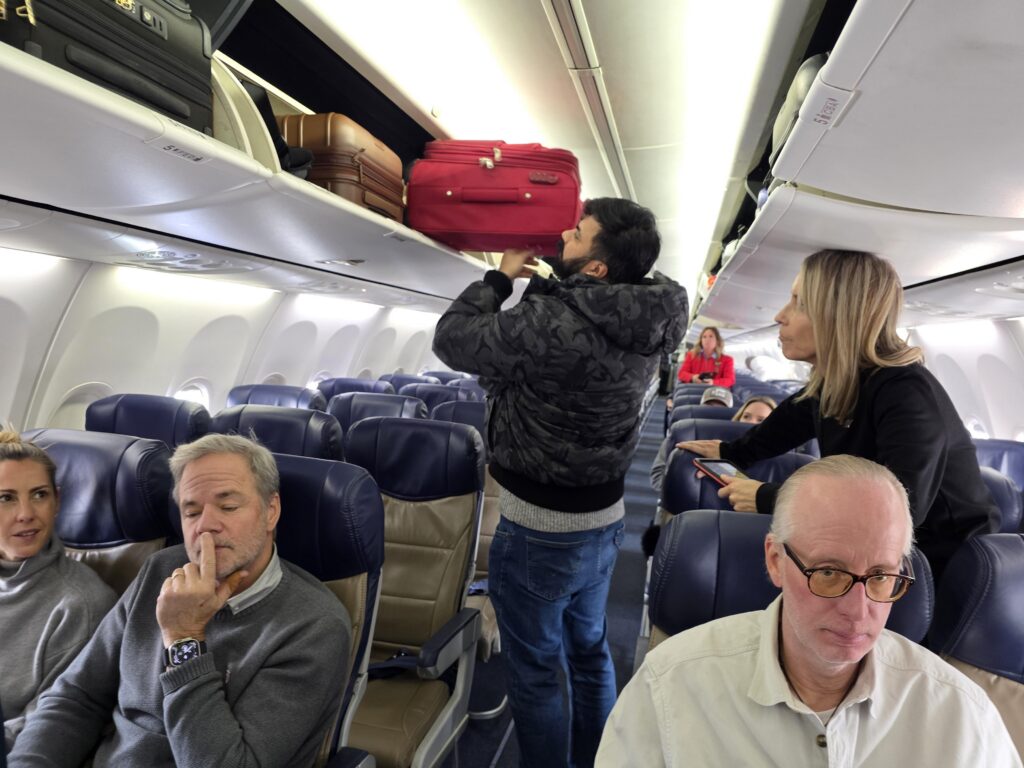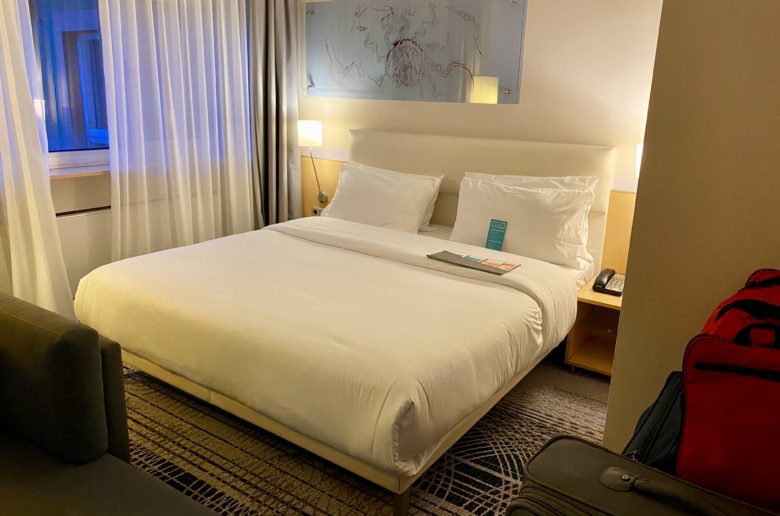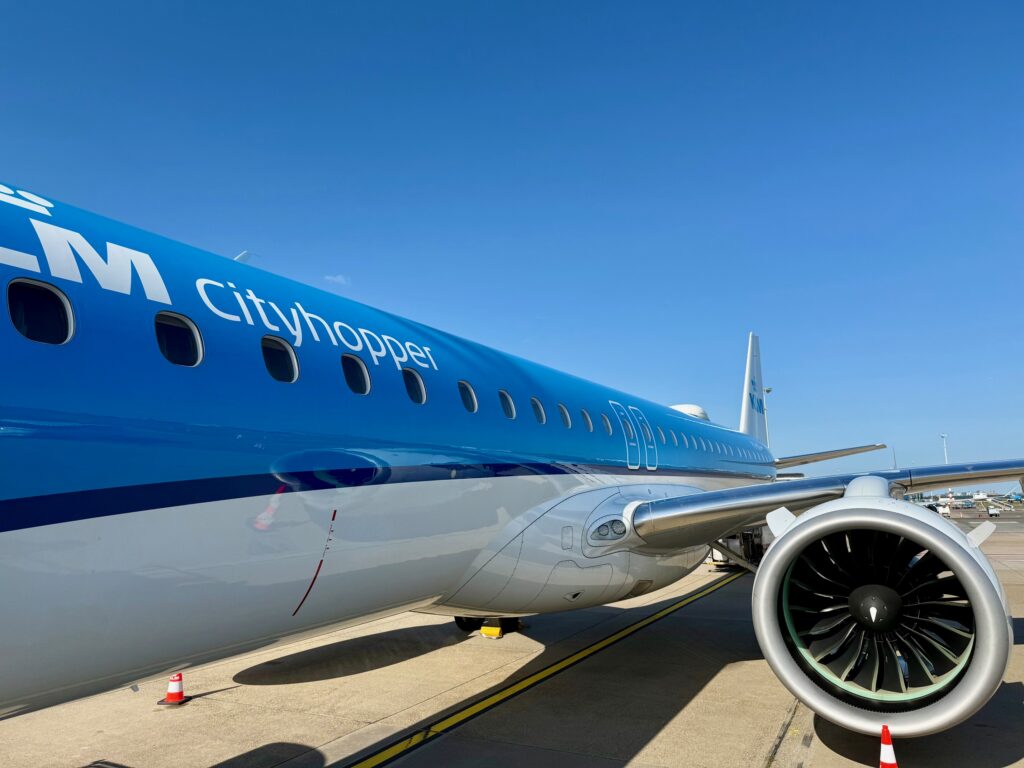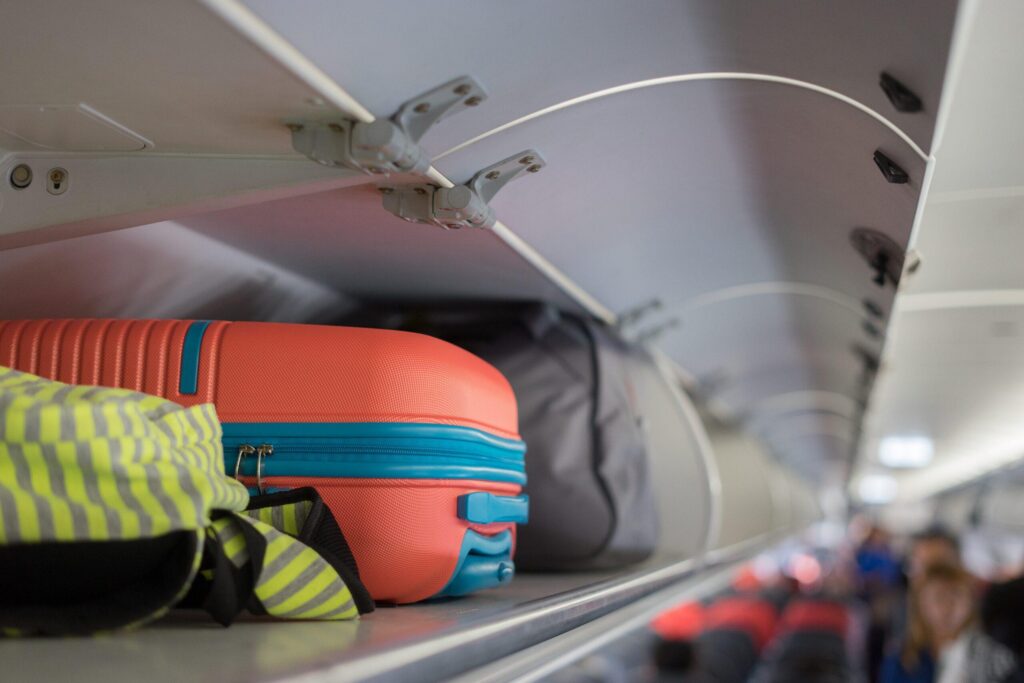
How to Stay Healthy While Traveling Over the Holidays
The holiday season is a time of joy, celebration, and reunion with loved ones. For many, this means embarking on trips across cities, states, or even countries to be with family and friends. As airports bustle and roads become crowded, it’s essential to prioritize your health amidst the excitement and tinsel. Traveling during this festive period can expose you to various health risks, from the common cold to more severe illnesses. Moreover, the stress and fatigue associated with travel can weaken your immune system, making you more susceptible to infections. But don’t let that dampen your holiday spirit! With a few mindful practices and proactive measures, you can enjoy your holiday travels while keeping yourself and your loved ones healthy and safe. Read on for comprehensive tips and strategies to stay healthy while traveling over the holidays.
Get Vaccinated Before You Travel

One of the most effective ways to stay healthy while traveling is to ensure you’re up-to-date with your vaccinations. Vaccines prepare your immune system to fight off certain diseases, reducing your risk of infection and severe illness. Health experts emphasize the importance of immunizations, especially during the holiday season when respiratory viruses like the flu, COVID-19, and RSV (Respiratory Syncytial Virus) are prevalent. According to Dr. Shaun Yang from UCLA, “Getting a flu shot is crucial to protect against the seasonal virus, particularly since immunity levels are low due to previous mild seasons.”
The Centers for Disease Control and Prevention (CDC vaccination recommendations for travelers) recommends receiving vaccinations not just for your protection but also to prevent the spread to vulnerable populations, such as the elderly and those with compromised immune systems. Vaccines for flu, COVID-19, and RSV are readily available and can significantly reduce the severity of these illnesses if contracted. For example, studies have shown that the flu vaccine can reduce the risk of flu illness by 40% to 60% among the overall population during seasons when most circulating flu viruses are well-matched to the flu vaccine (CDC Flu Vaccine Effectiveness).
If you’re traveling internationally, it’s important to be aware of any additional vaccines you might need for your destination. Diseases like measles, hepatitis A, or yellow fever are more common in certain countries and can spread in areas with low vaccination rates. Dr. Gary Brunette of the CDC advises, “For foreign travel, prepare by discussing vaccinations, medications, and safety practices with your healthcare providers well in advance of your trip. Some vaccines require multiple doses over a series of weeks.” Consider consulting resources such as the CDC Traveler’s Health Portal for country-specific health recommendations.
Remember, some vaccines may require time to become effective or may need to be administered in a series over weeks or months. Therefore, it’s advisable to schedule your vaccinations well ahead of your travel dates. By getting vaccinated before travel, you not only safeguard your health but also help prevent overburdening healthcare resources during the busy holiday season.
Practice Good Hygiene and Mask-Wearing

Maintaining good hygiene is fundamental to avoiding illness during your travels. Frequent hand washing with soap and water is essential, especially after touching high-contact surfaces like door handles, escalator rails, or airplane seatbelts. The CDC recommends washing your hands for at least 20 seconds, making sure to scrub all parts of your hands, including under your nails (Proper handwashing techniques). When soap and water aren’t available, use hand sanitizer containing at least 60% alcohol. Keep a travel-sized bottle in your carry-on luggage or pocket for easy access.
Mask-wearing remains a simple yet effective way to reduce the transmission of respiratory viruses. Even though mandates have relaxed in many areas, health professionals like Dr. Chris McStay emphasize the benefits of wearing masks in crowded and enclosed spaces such as airports, train stations, and airplanes. “Masks can provide a barrier against respiratory droplets that spread viruses like COVID-19, flu, and RSV,” says Dr. McStay. Consider using high-quality masks like N95 or KN95 respirators for better protection (Benefits of N95 masks over cloth masks).
In addition to hand hygiene and mask-wearing, be mindful of touching your face, particularly your eyes, nose, and mouth, as this can transfer viruses and bacteria from surfaces to your body. A study published in the American Journal of Infection Control found that people touch their faces an average of 23 times per hour, providing ample opportunity for pathogens to enter the body (Face-touching behavior and its role in transmission of infections). Being conscious of this habit can significantly reduce your risk of illness.
Furthermore, cleaning surfaces with disinfectant wipes, especially on planes, trains, or in rental cars, adds an extra layer of protection. Wipe down tray tables, armrests, seat belts, and entertainment screens before use. Look for disinfectant wipes that are effective against viruses, such as those containing at least 70% isopropyl alcohol (Effective disinfectants against viruses).
By incorporating these healthy travel habits, you reduce your risk of falling ill and ensure you arrive at your destination ready to enjoy the festivities.
Stay Active During Your Travels

Travel often involves long periods of sitting, whether on planes, trains, or automobiles. Prolonged inactivity can lead to stiffness, muscle soreness, and, in rare cases, increase the risk of deep vein thrombosis (DVT), a condition where blood clots form in the deep veins, usually in the legs. Staying active is important for both your physical health and overall well-being during travel.
The CDC suggests planning physical activity breaks during long car rides by stopping at rest areas to stretch or take a short walk. Simple exercises like calf raises, ankle circles, and shoulder rolls can keep your blood flowing and muscles loose. If you’re traveling by plane, take opportunities to stand up and walk the aisle when safe to do so, and perform seated exercises like leg lifts and foot pumps (In-flight exercises to prevent DVT).
At airports, take the opportunity to walk to your gate instead of using moving walkways or shuttles. This not only helps you stay active but also reduces stress and restlessness. Dr. Lauren Davis highlights that “staying active can strengthen your immunity, which is crucial when you’re exposed to new environments and potential pathogens. Even light physical activity stimulates the circulation of antibodies and white blood cells, enhancing your body’s ability to fight off infections.” (Benefits of physical activity for immune function)
Once you reach your destination, incorporate exercise into your itinerary. This could be as simple as sightseeing on foot, hiking local trails, participating in winter sports, or utilizing hotel gyms and pools. Exploring the local area by walking or cycling not only keeps you active but also allows you to experience the destination more intimately.
Remember, staying active doesn’t have to be strenuous. Even light activities contribute to your overall health, making your holiday travel more enjoyable. For more ideas on how to stay active while traveling, check out Travel workouts and exercises without equipment.
Eat Healthy and Stay Hydrated

Amidst the indulgence of holiday treats and festive meals, maintaining a balanced diet is vital for supporting your immune system. Eating nutritious foods rich in vitamins, minerals, and antioxidants helps your body ward off illness. Pack healthy snacks like fruits, vegetables, whole-grain crackers, and unsalted nuts for your journey, as recommended by the CDC. These snacks provide sustained energy and essential nutrients while avoiding the temptation of less healthy options like sugary snacks or fast food available at travel hubs.
Staying hydrated is equally important. Dehydration can lead to fatigue, headaches, and weaken your immune response. Airplane cabins, in particular, have low humidity levels, which can contribute to dehydration. Carry a reusable water bottle and drink plenty of water throughout your travels. Dr. Davis advises, “Staying hydrated nourishes your body and is a simple way to strengthen your immunity while traveling.” Remember to fill your water bottle after passing through airport security to comply with regulations. Some airports offer water bottle filling stations for this purpose (Tips for staying hydrated during air travel).
While it’s tempting to indulge in festive foods, try to balance your meals with healthy choices. Enjoy local cuisine without stress, but be mindful of portion sizes and try to include a variety of food groups. Be especially cautious with food safety, particularly in areas where tap water isn’t safe to drink. Opt for bottled or purified water, avoid ice in your drinks, and choose freshly prepared foods that are thoroughly cooked to reduce the risk of foodborne illnesses. The CDC’s Food safety tips for travelers provides detailed guidance on how to eat safely when abroad.
By maintaining healthy eating habits and staying hydrated, you keep your body fortified against illnesses, ensuring you can fully enjoy your holiday experience without unwanted interruptions due to health issues.
Prepare a Travel Health Kit

A well-prepared travel health kit is an essential component of staying healthy while traveling. It allows you to address minor health issues promptly and can be a lifesaver in areas where obtaining specific medications might be challenging. Here’s what to include in your kit:
- Prescription medications: Bring any prescription medications you require, ensuring you have enough for the entire trip plus a few extra days in case of delays. Keep medications in their original labeled containers, and carry a copy of your prescriptions. This is particularly important when traveling internationally to avoid issues with customs.
- Over-the-counter remedies: Pack medications for common ailments, such as pain relievers (acetaminophen or ibuprofen), antihistamines for allergies, antacids for indigestion, and anti-diarrheal medication like loperamide. Dr. Brunette recommends including medication for motion sickness if you are prone to it.
- First-aid supplies: Include adhesive bandages of various sizes, antiseptic wipes, antibiotic ointment, tweezers, and gauze pads. These can help you manage minor cuts, scrapes, and insect bites.
- Hand hygiene products: Pack alcohol-based hand sanitizer (at least 60% alcohol) and disinfectant wipes to maintain hygiene when soap and water are not readily available.
- Insect protection: If you’re traveling to areas where insect-borne diseases are a concern, include insect repellent containing DEET or picaridin (Choosing the right insect repellent), and consider packing a mosquito net if necessary.
- Sun protection: Sunscreen with a high SPF, lip balm with SPF, and sunglasses can protect you from sunburn and UV rays, even in winter months or snowy conditions where sun glare is intensified.
- Travel documents: Carry your health insurance information, a list of emergency contacts, and copies of important medical documents, such as vaccination records or a letter from your physician if you have health conditions.
For those prone to motion sickness or anxiety during travel, consult your healthcare provider about appropriate medications or remedies. Options may include anti-nausea wristbands, ginger supplements, or prescription medications. “Having a personalized health kit can alleviate stress and ensure you’re prepared for minor health issues that may arise during your trip,” notes Dr. McStay. For a comprehensive list, refer to Travel health kit checklist by CDC.
By assembling a comprehensive travel health kit, you equip yourself to handle small health concerns promptly, keeping your holiday travel on track and worry-free.
Manage Stress and Maintain a Regular Sleep Schedule

Traveling during the holidays can be stressful, with crowds, delays, and the pressure to make everything perfect. Stress affects not only your mental well-being but can also suppress your immune system, making you more susceptible to illness. Managing stress is crucial for maintaining your health while traveling.
Incorporate stress-reduction techniques into your routine. Deep breathing exercises, progressive muscle relaxation, mindfulness meditation, and yoga are effective methods to calm the mind and reduce anxiety. Apps like Stress management apps for travelers can provide guided exercises and support on the go.
Psychologist Marielle Segarra suggests practices like the “half smile” technique to relax facial muscles and alleviate tension. This involves gently turning up the corners of your mouth, which can trigger a relaxation response in the body. Engaging in self-compassionate inner dialogue can also ease travel anxiety, especially for nervous flyers. Remind yourself that it’s normal to feel stress and that you’re doing the best you can.
Maintaining a regular sleep schedule supports your body’s natural rhythms and immunity. Lack of sleep can impair your cognitive function and increase vulnerability to illness. To combat jet lag and sleep disturbances, try the following tips:
- Adjust your sleep schedule before departure: Gradually shift your bedtime closer to the time zone of your destination in the days leading up to your trip.
- Stay hydrated: Dehydration can worsen jet lag symptoms.
- Limit caffeine and alcohol: Both can disrupt sleep patterns and should be consumed in moderation.
- Use sleep aids wisely: Consider natural supplements like melatonin, but consult your healthcare provider before use (Melatonin use for jet lag).
- Expose yourself to natural light: Sunlight helps regulate your circadian rhythm. Spend time outdoors during daylight hours at your destination.
Prioritizing rest and relaxation not only enhances your health but also allows you to enjoy your travels more fully. Incorporate downtime into your itinerary and avoid over-scheduling to prevent burnout. Remember, it’s okay to set boundaries and say no to activities if you need rest.
Plan Ahead and Stay Informed

Preparation is key to healthy holiday travel. By planning ahead, you can minimize potential stressors and health risks. Here are some steps to consider:
Itinerary Planning: Plan your itinerary in advance and share it with someone you trust. Include details such as your flight numbers, accommodation information, and contact numbers. In case of an emergency, someone will know your whereabouts. Avoid posting travel details on social media to maintain personal security. For digital organization, apps like Best travel planning apps can help keep all your information in one place.
Vehicle Preparation: If driving, prepare your vehicle by checking antifreeze levels, tire pressure, and tread depth. Pack emergency supplies such as a first-aid kit, flashlight, blankets, water, and non-perishable snacks, especially if traveling through areas with extreme weather conditions. Having roadside assistance plans or apps like Roadside assistance services comparison can be helpful.
Health Advisories: Research your destination for any health advisories or requirements. The CDC website offers up-to-date information on travel advisories and recommended vaccinations (CDC Travel Notices). Some destinations may have entry requirements related to COVID-19 testing or vaccination proof. Being informed allows you to take necessary precautions and adjust your plans accordingly.
Travel Insurance: Consider purchasing travel insurance that covers medical emergencies, trip cancellations, and other unforeseen circumstances. Having coverage can provide peace of mind and access to necessary healthcare services. Compare policies through resources like Travel insurance comparison tools to find the best fit for your needs.
Local Health Facilities: Identify healthcare facilities near your destination, including hospitals, clinics, and pharmacies. Knowing where to go in case of an emergency can save valuable time. Some countries have different systems for emergency services; familiarize yourself with local emergency numbers and procedures.
By planning ahead and staying informed, you minimize risks and ensure a smoother, healthier travel experience. A well-thought-out plan can make all the difference between a stressful journey and an enjoyable adventure.
Special Considerations for Families and Vulnerable Individuals

Traveling with children, older adults, or individuals with health vulnerabilities requires additional precautions to ensure everyone’s well-being.
Traveling with Children

Ensure all family members are up-to-date with their vaccinations, including those for measles, mumps, rubella (MMR), and varicella (chickenpox). Children are often more susceptible to infections due to their developing immune systems. Encourage frequent hand washing and make it fun by teaching them to sing a song like “Happy Birthday” twice, which lasts about 20 seconds—the recommended time for effective handwashing (Handwashing tips for kids). Supervise their hygiene practices, especially in public areas.
Pack a child-specific health kit including pediatric medications (acetaminophen or ibuprofen for children), adhesive bandages with fun designs to make injuries less scary, a thermometer, and any comfort items like a favorite toy or blanket to ease stress during travel.
If traveling by air, the Federal Aviation Administration (FAA) recommends using an appropriate child restraint system (CRS), such as an approved car seat or harness, for children under 40 pounds (FAA guidelines for traveling with children). For nursing mothers, the CDC advises bringing a sling or nursing cover for comfort, and it’s important to note that breast milk and electric pumps are permitted on flights even in quantities greater than 3.4 ounces (100 milliliters).
Traveling with Older Adults or Individuals with Chronic Conditions

When traveling with older adults or those with chronic health conditions, consult their healthcare providers for personalized advice. Ensure they have an adequate supply of medications and copies of prescriptions. Consider mobility aids like walkers or wheelchairs if necessary, and arrange for assistance at airports or train stations in advance.
Be mindful of dietary needs and schedule regular breaks to prevent fatigue. Keep in mind that older adults may be more sensitive to temperature changes and may need extra layers or protection from the sun.
Immunocompromised Individuals

Consider the needs of immunocompromised individuals by taking extra precautions, such as wearing masks and avoiding crowded places when possible. It’s essential to maintain strict hygiene practices and ensure that all traveling companions are healthy. Dr. Davis emphasizes, “Protecting vulnerable individuals requires collective effort, including adherence to health guidelines and thoughtful planning.” Resources like Travel tips for immunocompromised individuals can provide additional guidance.
By being attentive to the specific needs of your travel companions, you create a safer and more enjoyable environment for everyone. Open communication and planning can help address concerns and ensure that special considerations are met.
Final Thoughts

The excitement of holiday travel doesn’t have to come at the expense of your health. By following these comprehensive travel health tips—getting vaccinated, practicing good hygiene, staying active, eating well, preparing a health kit, managing stress, planning ahead, and considering special needs—you set the stage for a joyful and healthy holiday season. Remember, taking care of your health is the best gift you can give yourself and others. By being proactive and mindful, you not only protect yourself but also help prevent the spread of illnesses to those around you. Safe travels and happy holidays!
For insightful travel tips, updates on health safety, and the latest industry news, consider visiting us at BoardingArea. We wish you a wonderful holiday season filled with healthy adventures.










